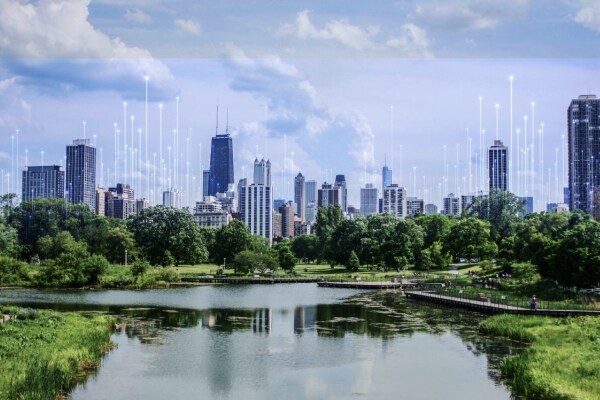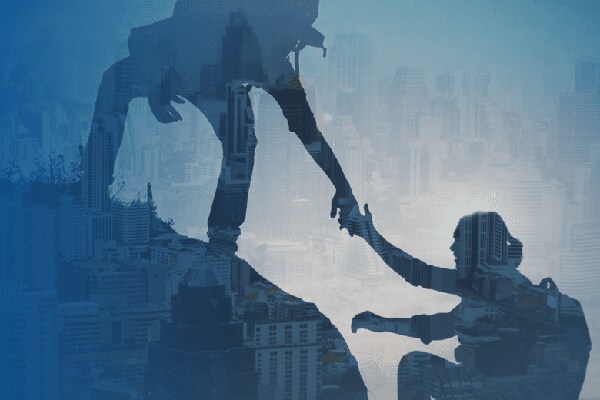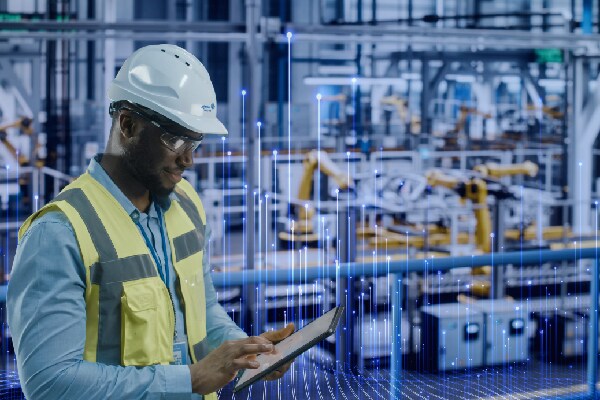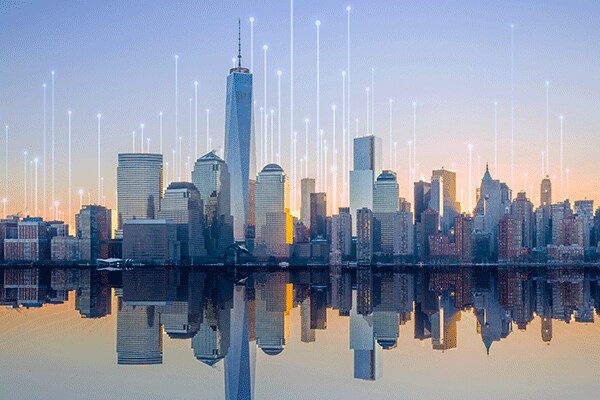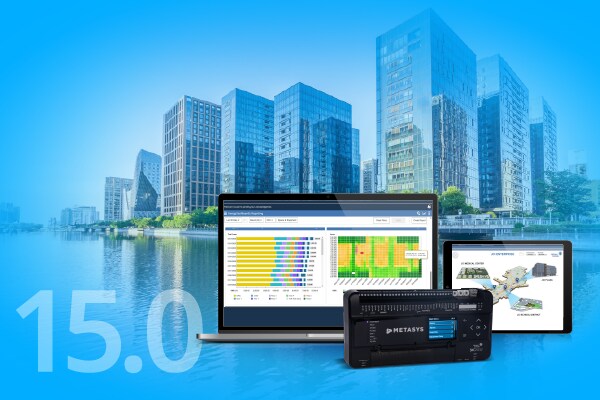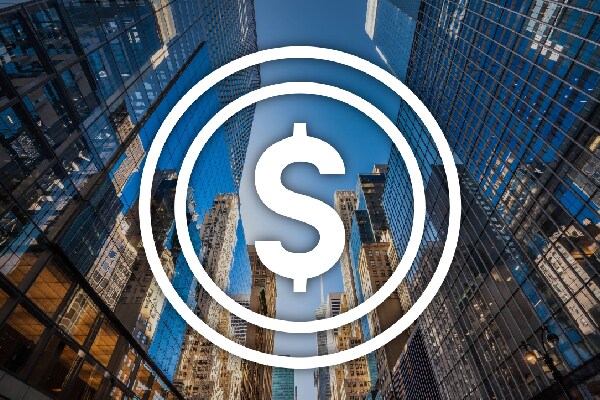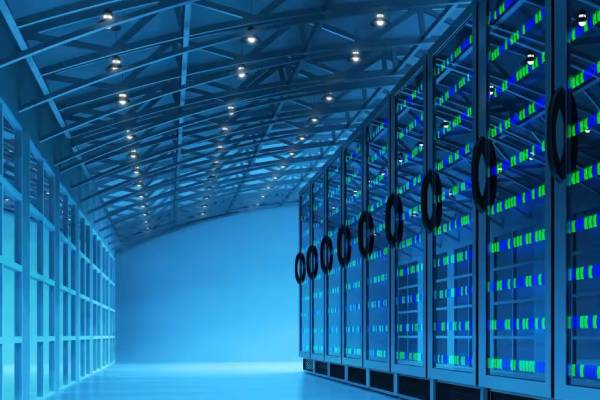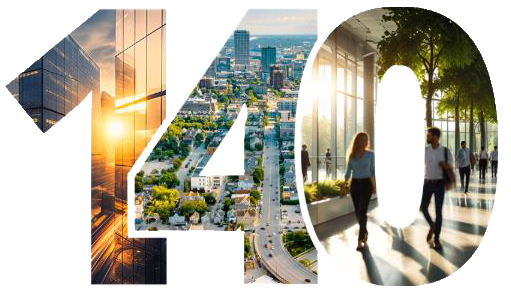- Johnson Controls
- Insights
- Structural Issue: Bridging Skills Gap in ASEAN’s Built Environment Industry
Structural Issue: Bridging Skills Gap in ASEAN’s Built Environment Industry
By Alvin Ng, Vice President & General Manager, Digital Solutions, APAC, Johnson Controls
Companies could also create labs where they test, inform, measure and update new skills, and fine-tune processes and products.
This will set in motion continuous iterative agile learning processes that truly empower employees.
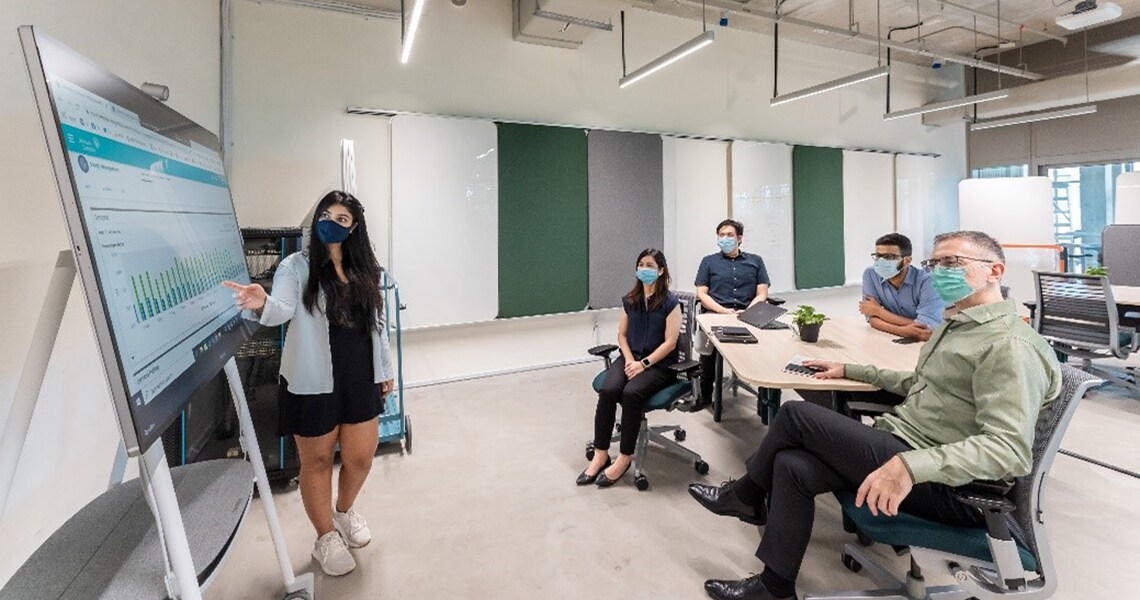
The jury is still out on whether artificial intelligence (AI) is a job killer or creator, but Singapore is not waiting to find out. In a recent report, the authorities are actively exploring job transition prospects for the country’s hundreds of thousands of bus drivers, machinists and cashiers, who are all likely to see their roles impacted by AI. With upskilling, bus drivers, who are skilled at navigation, could reinvent themselves as drone pilots, while machinists have the potential to repair medical equipment or become wind turbine engineers.
Such findings are applicable for the built environments, or the offices, buildings and spaces where we live, work and play. The industry is facing a disruption as sustainability and digitalization have vaulted up corporate agendas. Building owners now have to balance several priorities, such as zero-carbon goals, resilience, resource efficiency and economic costs. Leveraging data and digital technology is the way to optimize between these different priorities. .
This presents a human resources challenge. We need experienced, skilled professionals who are experts on sustainability, and understand how to harness the best of what digital technology can offer. Our industry needs sustainability specialists, data scientists and human-technology integration experts.
Does this, then, render the millions of designers, engineers and facilities managers in the built environment industry unnecessary? On the contrary, just like Singapore’s bus drivers or machinists, many of them already have skills that are valuable and transferable to the new era of sustainability. With suitable upskilling, these professionals will be able to undertake the jobs of the future.
Taking stock
Sustainability has taken root in corporate missions. And right now, the main goal of sustainability is decarbonization. A report from consulting firm McKinsey outlined the devastating impact climate change may have on Southeast Asian nations and South Asia countries.
This has prompted governments across Southeast Asia to accelerate renewable energy investment to revive the pandemic-hit economies. Under a five-year sustainability plan, ASEAN will set a target of 23% share of renewable energy in total primary energy supply in the region and 35% in ASEAN installed power capacity by 2025. On Singapore’s part, the country aims to halve carbon emissions to 33 million tonnes by 2050 and to achieve net-zero emissions sometime in the second half of the century.
Meanwhile, there has been a dramatic increase in global and regional investments in environmental, social and governance (ESG) issues. Investments in green infrastructure will generate more than 30 million jobs in Southeast Asia by 2030, according to the Asian Development Bank. An estimated 60% of the region’s investors plan to incorporate ESG into their investment analyses by end-2021.
We’re currently in the Industry 4.0 era. This refers to the integration of physical assets with advanced digital technologies, such as the Internet of things (IoT), AI, robots and cloud computing. These digital technologies specialize in communicating, analyzing and acting on data, offering organizations, consumers and society better, deeper insights. Those insights can be used to make more intelligent, transparent and efficient decisions. The future is one that will be defined by the interdependence of cognitive computing and human intelligence.
New jobs, new skills
Jobs of the future aren’t just fancy new titles for the same old roles. Sustainability and digitalization should be treated as horizontal, complementary and overlapping competences, rather than vertical, divergent and standalone skillsets. They are substantially different roles that demand new skillsets.
For instance, energy specialists will need to upskill before they can advise multinational companies that are aiming for net zero emissions, or factories attempting to measure their Environment, Health and Safety (EHS) leading indicators. One of their main duties will be to establish where companies sit on the sustainability spectrum via scoring models, and then setting goals. This will involve managing the collection, tracking, verification and reporting of corporate sustainability data.
With the right training, facilities managers can transition into experience managers. They will need to learn how to harness real-time insights from digital twins to improve the performance of assets, processes, people and places.
Likewise, mechanical electrical engineers need to upskill to become data scientists. They will learn how to use dashboards and other digital tools to keep systems efficient and effective, avoid unplanned repairs and maximize uptime.
Engage, educate, empower
There are several options to upskilling our workforce here in ASEAN. Companies can build training capabilities and partnerships with online platforms, and forge links with universities and technical organizations to cultivate the broad range of digital and technical skills they require. Firms can also engage governments about the ways in which technology and climate change are transforming the built environment.
For instance, in Singapore, SkillsFuture Singapore (SSG) partnered with Johnson Controls, a global leader in smart building management, and Ngee Ann Polytechnic to roll out new courses for mid-career jobseekers. Participants will be equipped with digital and smart facilities management skills, thereby gaining essential skills for emerging jobs.
Companies could also create labs where they test, inform, measure and update new skills, and fine-tune processes and products. This will set in motion continuous iterative agile learning processes that truly empower employees. As Johnson Controls rolls out our OpenBlue Platform, we are upskilling our administrators, supervisors and technicians into service delivery managers, service account managers and domain experts. For example, technicians who are transitioning into domain experts will receive upskilling on heating, ventilation and air conditioning (HVAC), building controls, fire and security via a learning progression platform.
Going forward, sustainability and digitalization are inseparable strategies for companies. Such companies will build workforces that can harness the best of what machines can offer, thereby delivering built environments that truly serve people and the planet.
This article was first published by Business Times, ASEAN Business, on 4 October 2021.
Such findings are applicable for the built environments, or the offices, buildings and spaces where we live, work and play. The industry is facing a disruption as sustainability and digitalization have vaulted up corporate agendas. Building owners now have to balance several priorities, such as zero-carbon goals, resilience, resource efficiency and economic costs. Leveraging data and digital technology is the way to optimize between these different priorities. .
This presents a human resources challenge. We need experienced, skilled professionals who are experts on sustainability, and understand how to harness the best of what digital technology can offer. Our industry needs sustainability specialists, data scientists and human-technology integration experts.
Does this, then, render the millions of designers, engineers and facilities managers in the built environment industry unnecessary? On the contrary, just like Singapore’s bus drivers or machinists, many of them already have skills that are valuable and transferable to the new era of sustainability. With suitable upskilling, these professionals will be able to undertake the jobs of the future.
Taking stock
Sustainability has taken root in corporate missions. And right now, the main goal of sustainability is decarbonization. A report from consulting firm McKinsey outlined the devastating impact climate change may have on Southeast Asian nations and South Asia countries.
This has prompted governments across Southeast Asia to accelerate renewable energy investment to revive the pandemic-hit economies. Under a five-year sustainability plan, ASEAN will set a target of 23% share of renewable energy in total primary energy supply in the region and 35% in ASEAN installed power capacity by 2025. On Singapore’s part, the country aims to halve carbon emissions to 33 million tonnes by 2050 and to achieve net-zero emissions sometime in the second half of the century.
Meanwhile, there has been a dramatic increase in global and regional investments in environmental, social and governance (ESG) issues. Investments in green infrastructure will generate more than 30 million jobs in Southeast Asia by 2030, according to the Asian Development Bank. An estimated 60% of the region’s investors plan to incorporate ESG into their investment analyses by end-2021.
We’re currently in the Industry 4.0 era. This refers to the integration of physical assets with advanced digital technologies, such as the Internet of things (IoT), AI, robots and cloud computing. These digital technologies specialize in communicating, analyzing and acting on data, offering organizations, consumers and society better, deeper insights. Those insights can be used to make more intelligent, transparent and efficient decisions. The future is one that will be defined by the interdependence of cognitive computing and human intelligence.
New jobs, new skills
Jobs of the future aren’t just fancy new titles for the same old roles. Sustainability and digitalization should be treated as horizontal, complementary and overlapping competences, rather than vertical, divergent and standalone skillsets. They are substantially different roles that demand new skillsets.
For instance, energy specialists will need to upskill before they can advise multinational companies that are aiming for net zero emissions, or factories attempting to measure their Environment, Health and Safety (EHS) leading indicators. One of their main duties will be to establish where companies sit on the sustainability spectrum via scoring models, and then setting goals. This will involve managing the collection, tracking, verification and reporting of corporate sustainability data.
With the right training, facilities managers can transition into experience managers. They will need to learn how to harness real-time insights from digital twins to improve the performance of assets, processes, people and places.
Likewise, mechanical electrical engineers need to upskill to become data scientists. They will learn how to use dashboards and other digital tools to keep systems efficient and effective, avoid unplanned repairs and maximize uptime.
Engage, educate, empower
There are several options to upskilling our workforce here in ASEAN. Companies can build training capabilities and partnerships with online platforms, and forge links with universities and technical organizations to cultivate the broad range of digital and technical skills they require. Firms can also engage governments about the ways in which technology and climate change are transforming the built environment.
For instance, in Singapore, SkillsFuture Singapore (SSG) partnered with Johnson Controls, a global leader in smart building management, and Ngee Ann Polytechnic to roll out new courses for mid-career jobseekers. Participants will be equipped with digital and smart facilities management skills, thereby gaining essential skills for emerging jobs.
Companies could also create labs where they test, inform, measure and update new skills, and fine-tune processes and products. This will set in motion continuous iterative agile learning processes that truly empower employees. As Johnson Controls rolls out our OpenBlue Platform, we are upskilling our administrators, supervisors and technicians into service delivery managers, service account managers and domain experts. For example, technicians who are transitioning into domain experts will receive upskilling on heating, ventilation and air conditioning (HVAC), building controls, fire and security via a learning progression platform.
Going forward, sustainability and digitalization are inseparable strategies for companies. Such companies will build workforces that can harness the best of what machines can offer, thereby delivering built environments that truly serve people and the planet.
This article was first published by Business Times, ASEAN Business, on 4 October 2021.
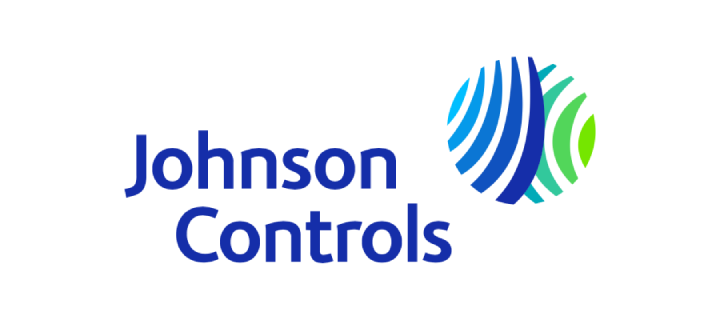
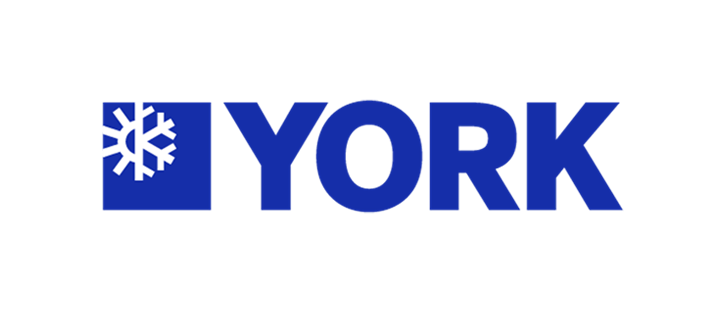
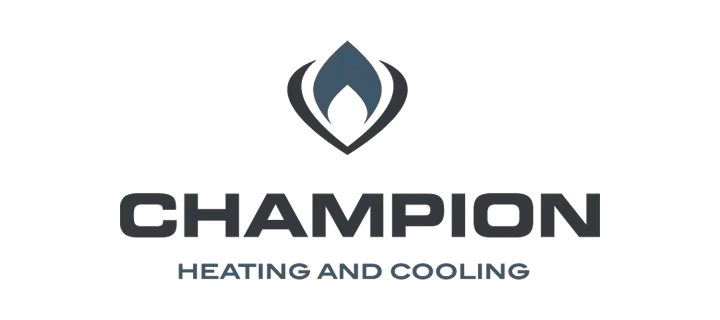
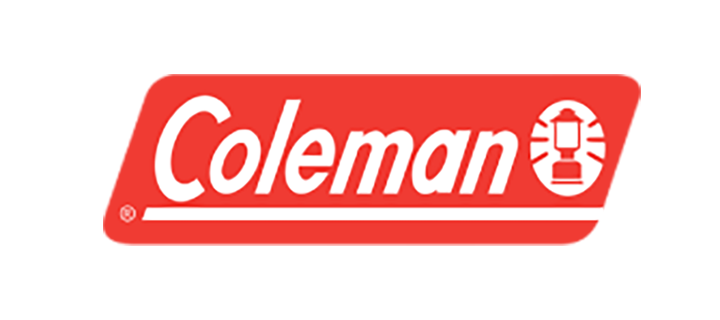

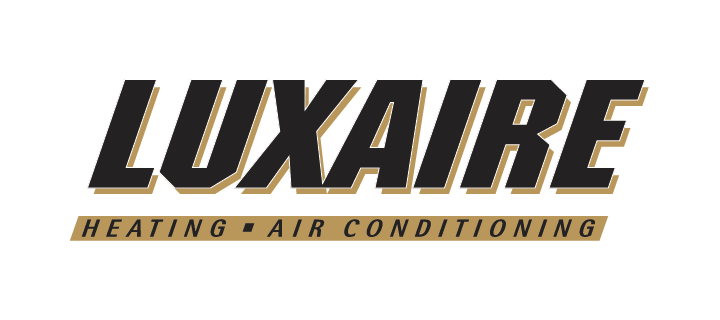
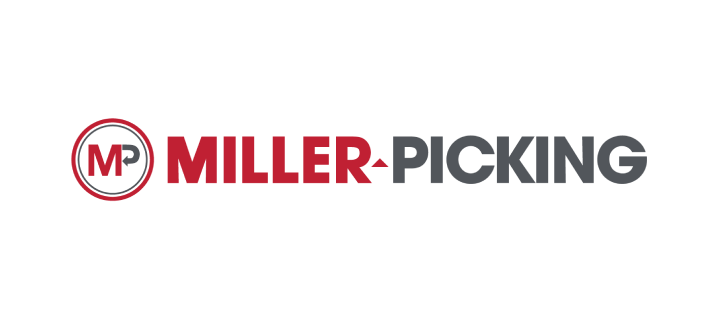
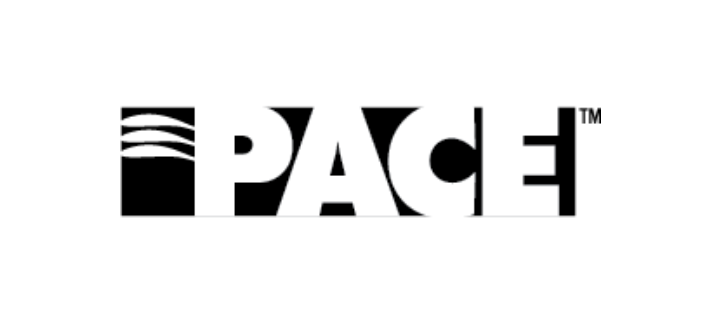
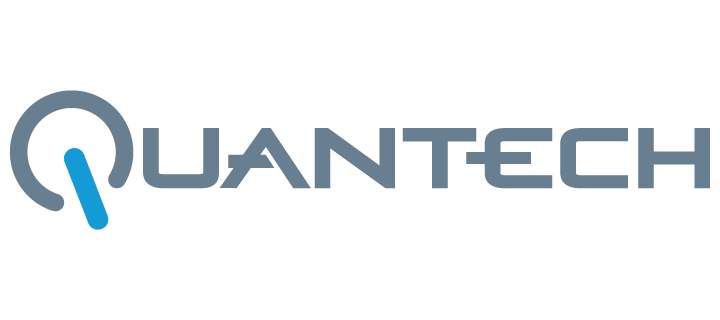
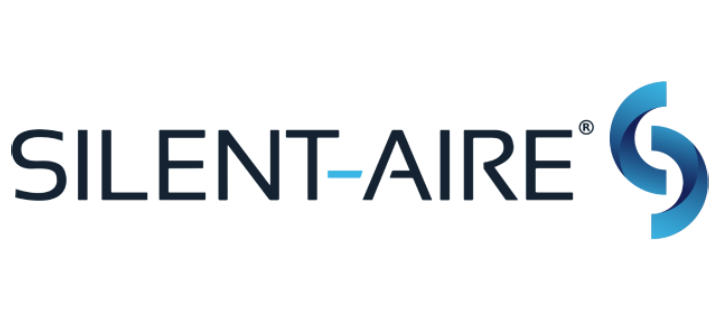
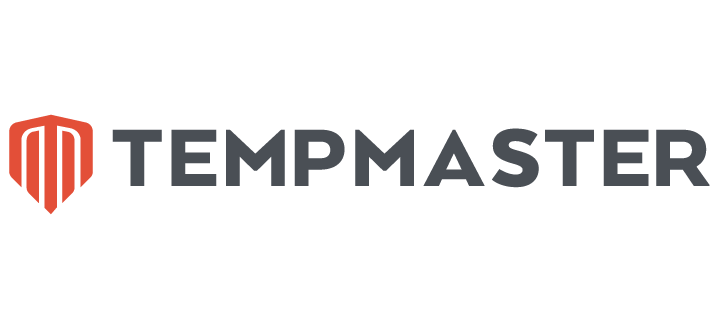
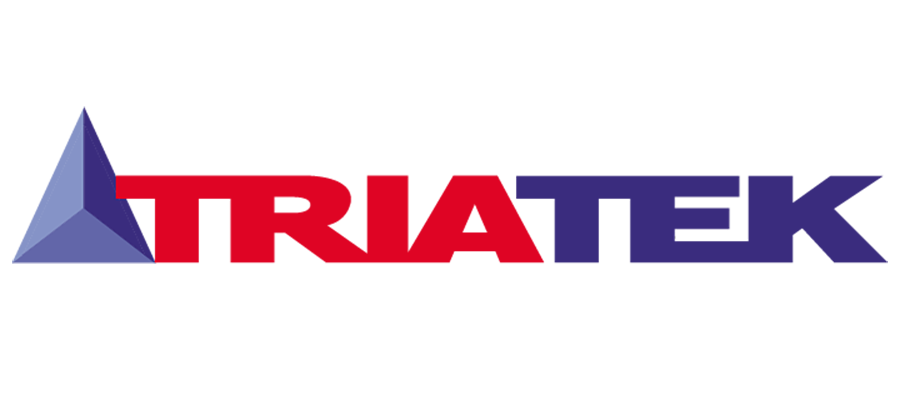
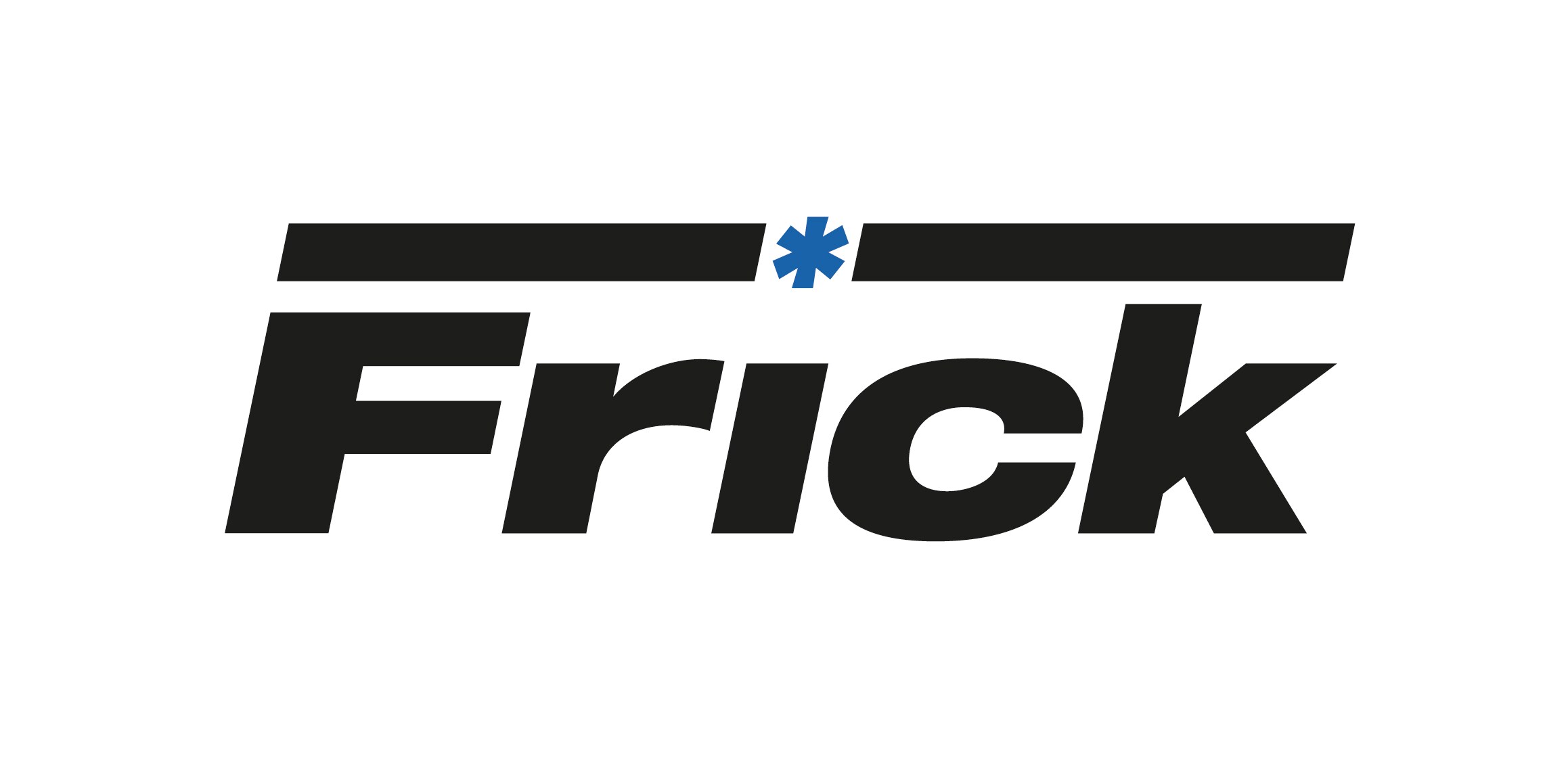
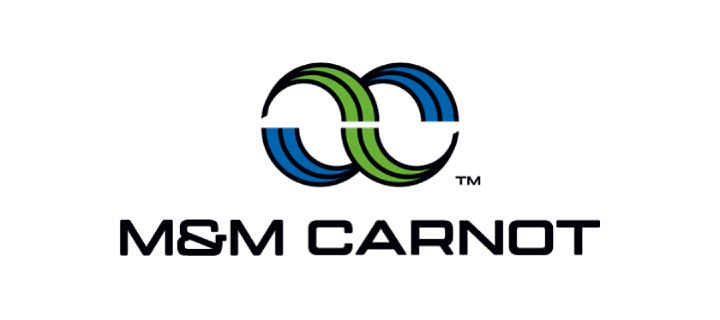

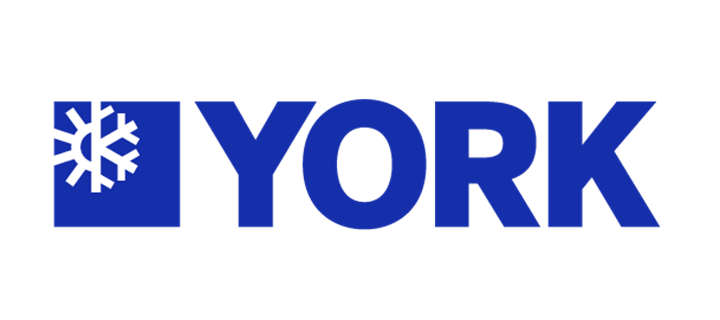
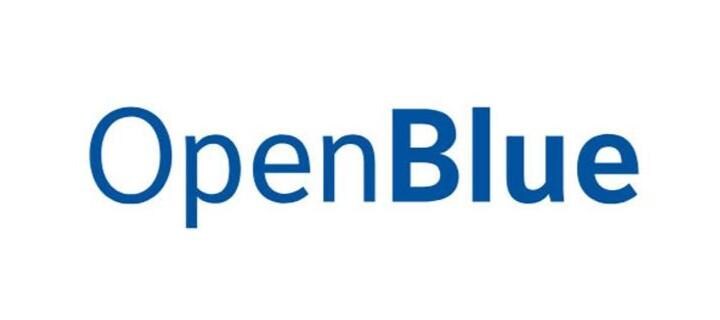
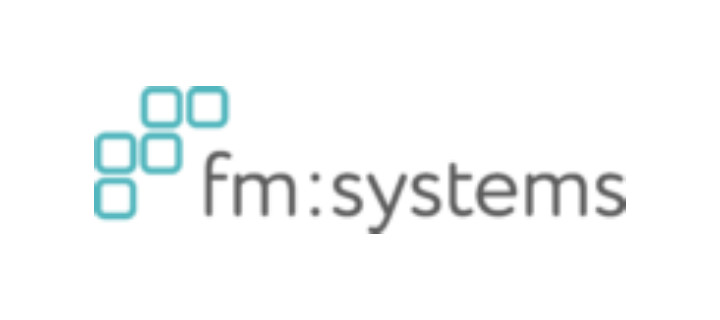

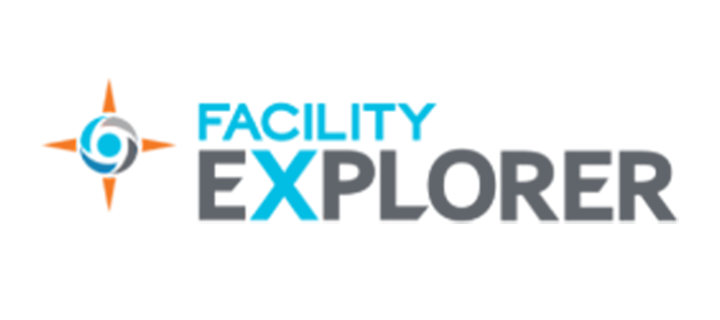
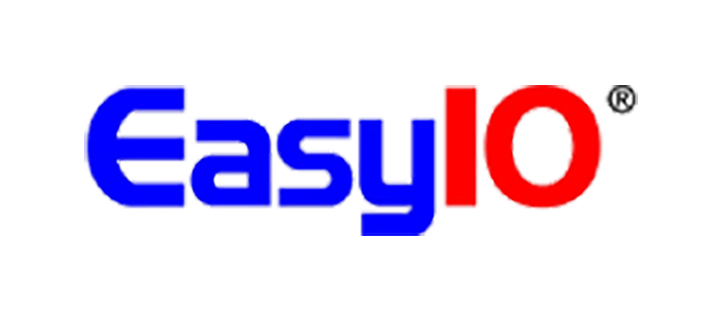


.jpg?la=en-SG&h=320&w=720&hash=8335BA7A0D096E90165B06350796126C)
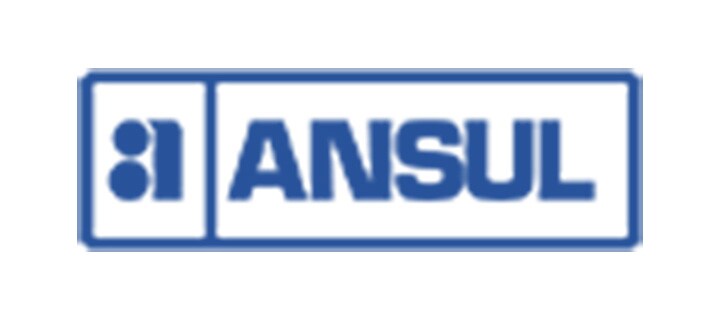
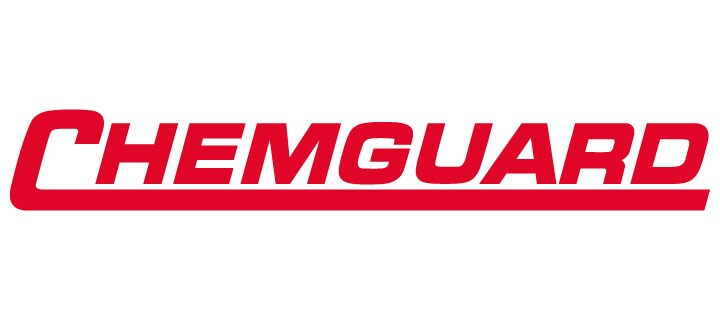
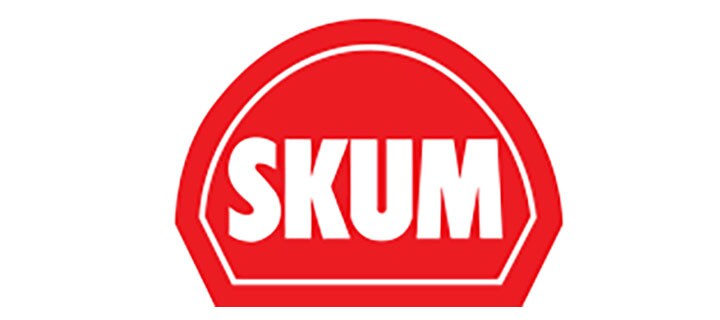
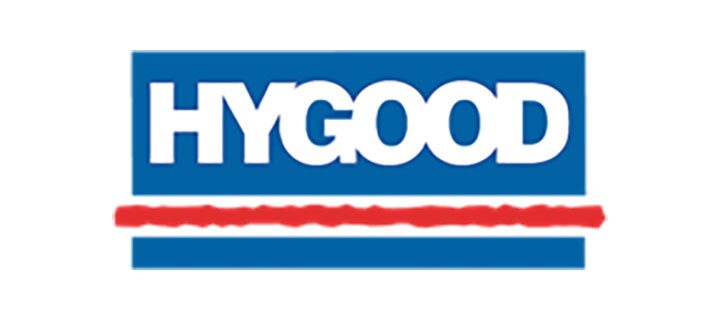

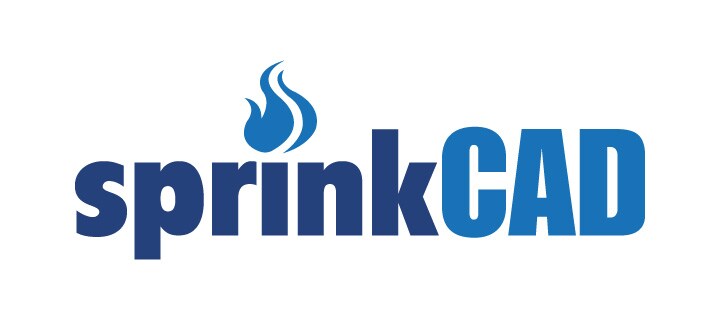
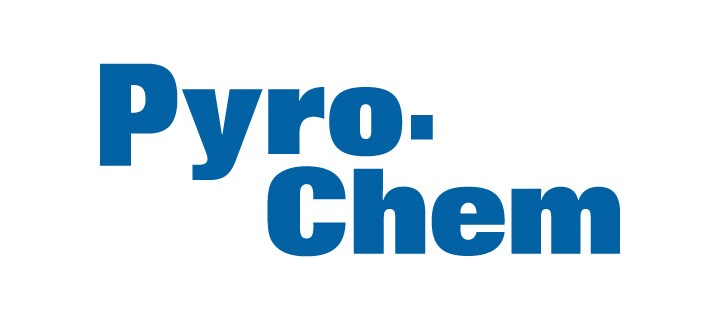
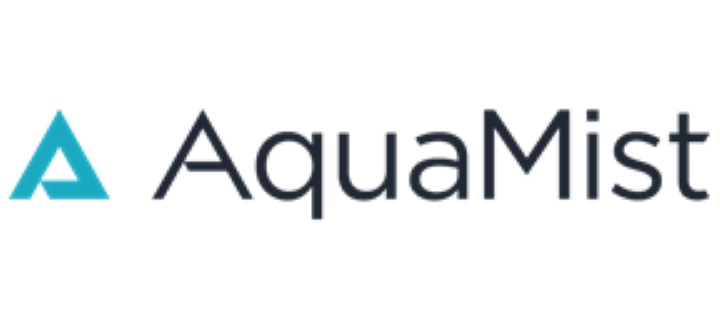



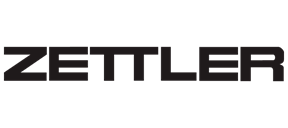
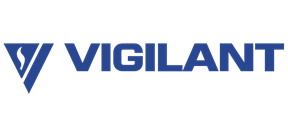
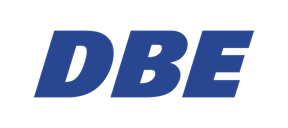
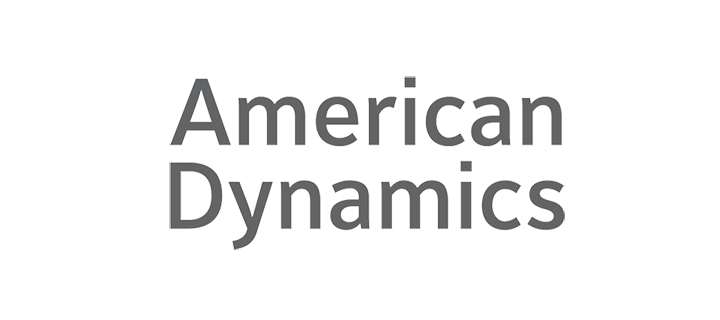
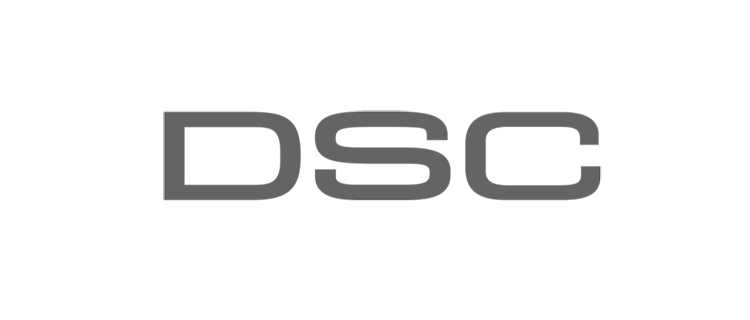
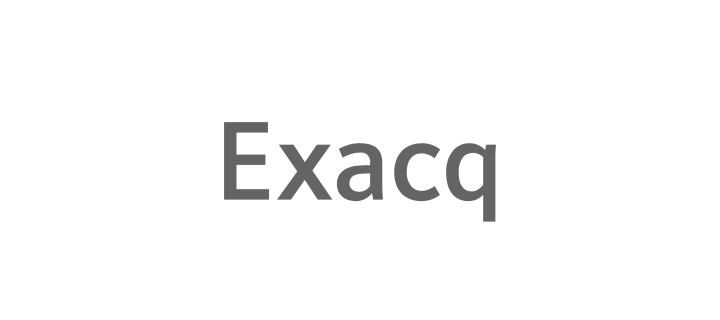


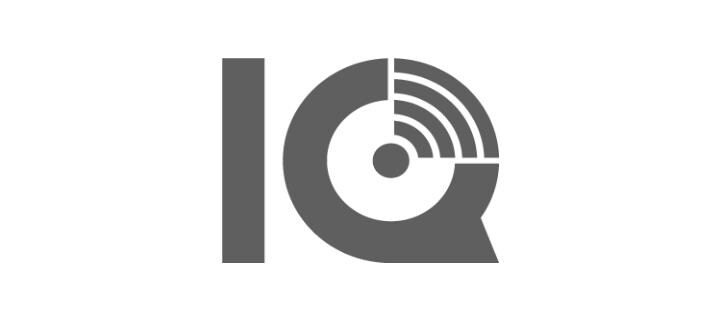
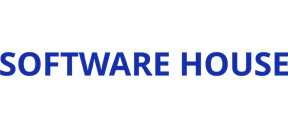


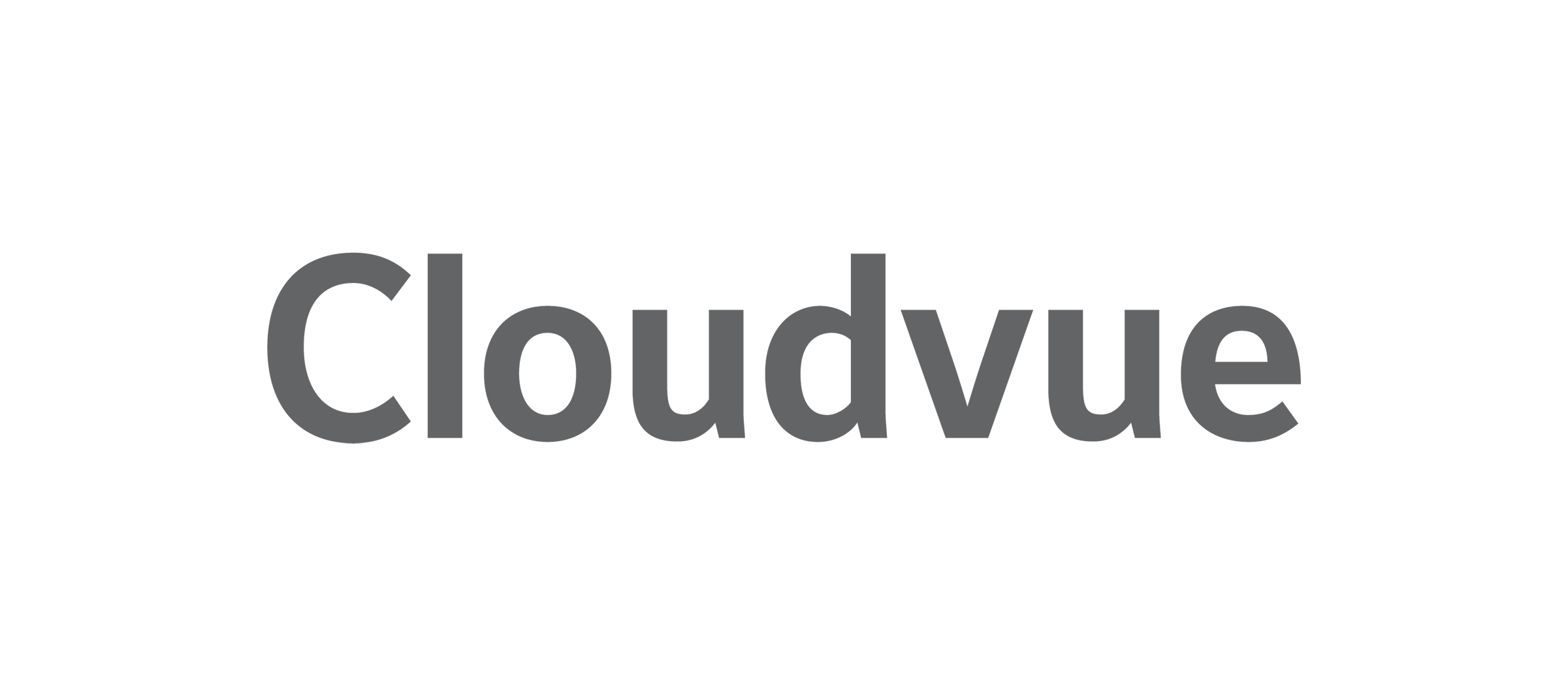

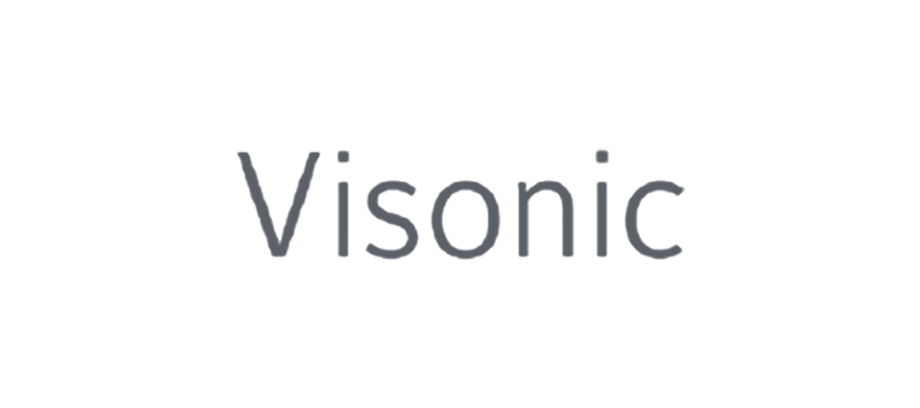

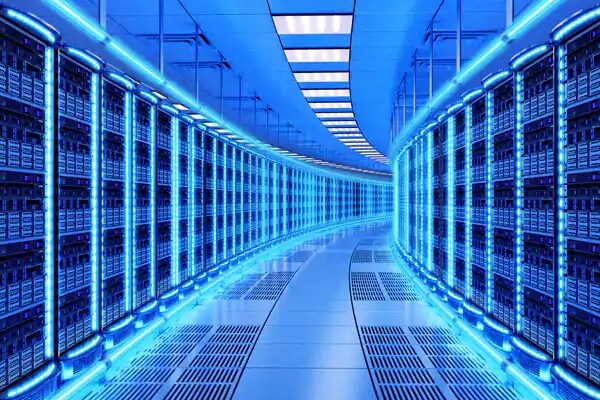
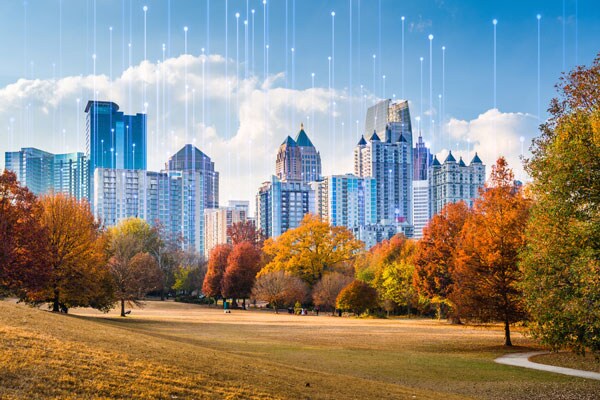
.png)
